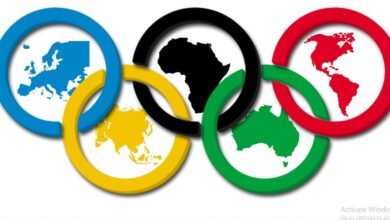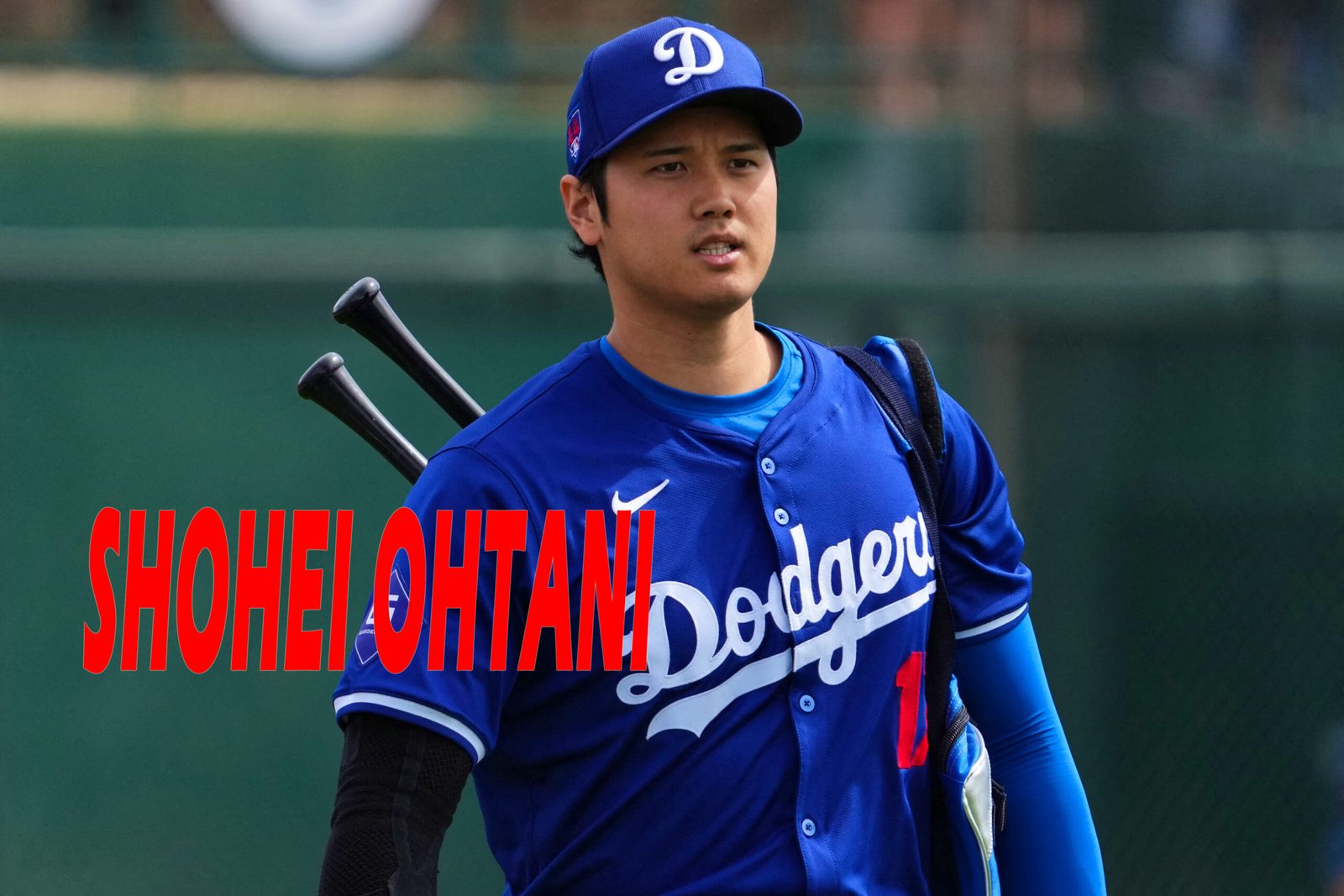The Debate Over Russian Athletes Competing in International Sports:
International sports have traditionally served as a battlefield for political activism, athletic prowess, and national pride. But few scandals have generated as much discussion as Russian sportsmen competing internationally. The issue of whether or not Russian athletes should be permitted to compete is still a hot one due to doping scandals and geopolitical concerns.

1. Historical Context: Russian Athletes in International Sports
Russia has been a dominant force in international sports for decades, dating back to the Soviet Union era. The country has produced world-class athletes in disciplines ranging from gymnastics and figure skating to track and field and weightlifting.
Key Milestones:
Soviet Union’s Olympic Dominance: The USSR was a powerhouse in the Olympics from 1952 until its dissolution in 1991.
1992 Barcelona Olympics: Russian athletes competed under the Unified Team banner after the breakup of the USSR.
2000s – Russian Sporting Success: Russia maintained its strength in sports, winning numerous Olympic medals.
2014 Sochi Olympics Scandal: Russia’s image in international sports took a hit following allegations of state-sponsored doping.
2. The Doping Scandal & Its Fallout
The biggest factor fueling “The Debate Over Russian Athletes Competing in International Sports” has been the widespread doping allegations.
The Scandal Unfolds:
2015: A World Anti-Doping Agency (WADA) report accused Russia of systematic doping.
2016 Rio Olympics: Some Russian athletes were banned from participating.
2018 PyeongChang Winter Olympics: Russian athletes had to compete as “Olympic Athletes from Russia (OAR)” instead of under their national flag.
2019 – WADA’s Ban: Russia was banned from major sports events for four years, later reduced to two.
The scandal tarnished Russia’s sporting reputation, leading to a divide on whether Russian athletes should be allowed to compete at all.
3. Arguments in Favor of Russian Athletes Competing
1. Individual Athletes Should Not Be Punished for Government Actions
Many argue that not all Russian athletes were involved in doping or geopolitical issues. Athletes who pass rigorous drug tests should be allowed to compete under neutral flags.
2. Politics Should Stay Out of Sports
Supporters of Russian athletes believe sports should be free from politics. They argue that banning Russian athletes due to political reasons sets a dangerous precedent.
3. Russian Athletes Enhance Competition
Russia has historically produced top-tier athletes. Excluding them reduces the overall competition level in global sporting events, which in turn affects entertainment and sportsmanship.
4. Arguments Against Russian Athletes Competing
1. Systematic Doping Cannot Be Ignored
Critics argue that the doping scandal was not an isolated incident but a state-sponsored scheme. Allowing Russian athletes to compete undermines anti-doping efforts.
2. The Ukraine Conflict & Global Tensions
The war in Ukraine has intensified calls for a full ban on Russian athletes. Many countries believe Russia’s actions on the global stage should have consequences, including in sports.
3. Unfair Advantage in Certain Sports
Some analysts suggest that even after bans and neutral participation, Russia still holds an unfair advantage in certain disciplines where doping violations were widespread.
5. Impact on Global Sports Events
The exclusion of Russian athletes has had a major impact on events such as:
Olympics: A growing number of calls for Russian athletes to compete under neutral flags.
FIFA World Cup: Russia was banned from the 2022 qualifiers.
Tennis & Other Individual Sports: Russian tennis stars like Daniil Medvedev were still allowed to compete in ATP/WTA events but faced restrictions.
This has led to tensions between sports governing bodies, athletes, and political leaders worldwide.
6. The Future of Russian Athletes in International Competitions
Possible Scenarios:
Full Reinstatement: If Russia complies with international standards, its athletes may regain full participation rights.
Continued Neutral Participation: Russian athletes may continue competing under neutral flags.
Permanent Ban: Some international bodies may push for an indefinite ban.
The upcoming Paris 2024 Olympics and FIFA World Cup 2026 will be key indicators of how this debate evolves.





